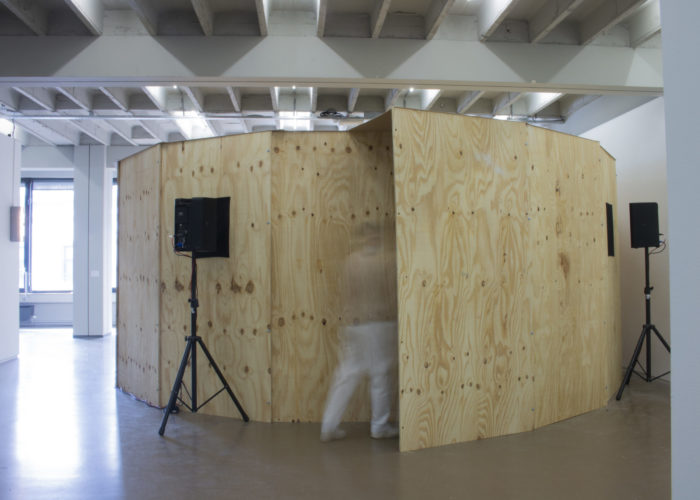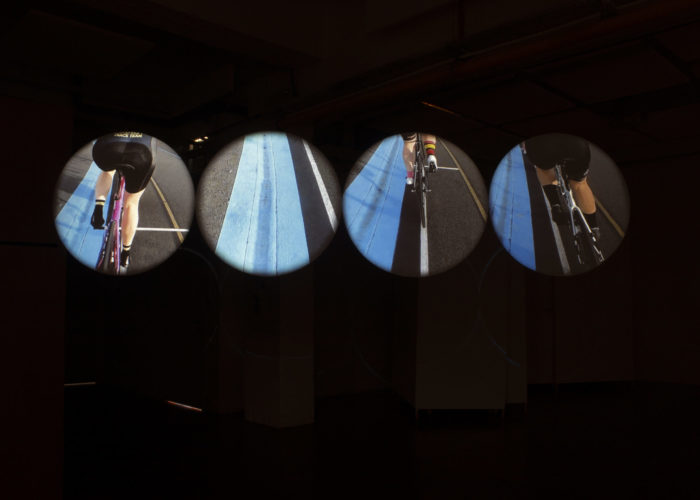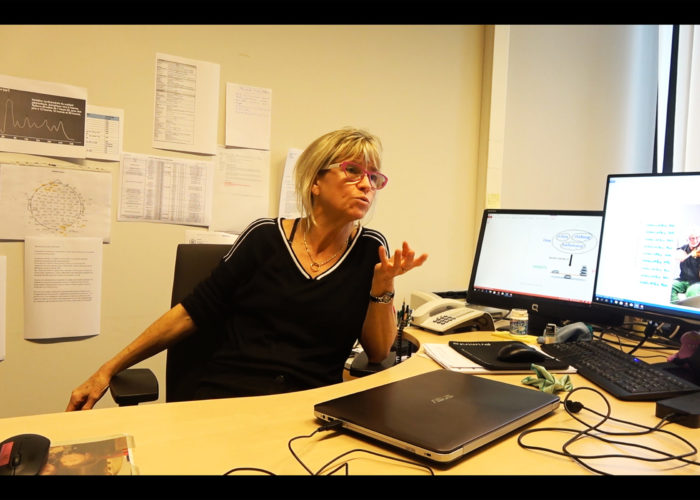Who links Aristotle and Plato to Patrick Sercu? Robert Morris
My thinking began in 2017 when I read a psychology article on the concept of an optimal experience called flow (Csikszentmihaly, 2004). Flow is described as a state of maximum concentration, comparable to a feeling of trance, where the gestural execution tends towards perfection. Sportsmen and women, just like musicians, actors or dancers, may experience it during their major performances. Those who have undergone it describe a powerful and unusual sensation: their consciousness and body disappear in favour of a foreign flow. This article allowed me to put words to a personal experience that I realised I had shared with others. This state, which is difficult to describe and represent, highlights the narrative and the subjectivity of the athlete, two notions that will be discussed throughout my work.
During the same period, the mind-body duality addressed in my school curriculum nourished my discovery. This philosophical notion, elaborated since Antiquity by Greek thinkers and marking the domination of the mind over the body – the latter being perceived as an obstacle to the elevation of the soul, to the limits of the being – has exerted a major influence on my work.
What does a dialogue between body-mind duality and flow bring to an artistic framework?
Can the spectator’s effort be integrated into my reflection so that he or she grasps the extraordinary character of a sporting practice?
Through three works anchored in the world of track cycling, Who links Aristotle and Plato to Patrick Sercu ? Robert Morris, the eponymous project of my thesis, offers the spectator a deconstructed representation of flow while at the same time challenging his body and his imagination.





